Cold weather is a risk factor for increased pneumonia. In addition to complying with treatment, it is necessary to pay attention to nutrition to help improve resistance to control the disease, helping patients recover quickly.
Pneumonia can be caused by viruses, fungi, and bacteria. Pneumonia can be serious if not treated promptly, especially in the elderly, seriously ill people, infants, and young children.
1. Enhanced nutrition is beneficial for people with pneumonia
Nutrition is related to pneumonia, that is, the diet of pneumonia patients needs attention because during this period, the body needs some nutrients that are beneficial in preventing the disease and controlling it. Moreover, balanced nutrition plays an important role in supporting the rapid healing process, minimizing inflammation, and enhancing immunity.
Nutritionists say there is no single food or specific diet that can boost immunity. Nutrients that help the immune system function well include vitamins A, B6, B12, C, D as well as copper, folate, iron, selenium, and zinc.
Focus on getting these nutrients from a healthy, varied diet that includes fruits and vegetables, nuts, whole grains, meat, fish or plant proteins such as beans. Choose foods rich in vitamin A (dark green leafy vegetables, tomatoes, carrots, pumpkin, etc.); vitamin D (fish, shrimp, eggs, mushrooms, etc.); zinc (meat, eggs, etc.); omega 3 (sea fish, milk, seeds, etc.).
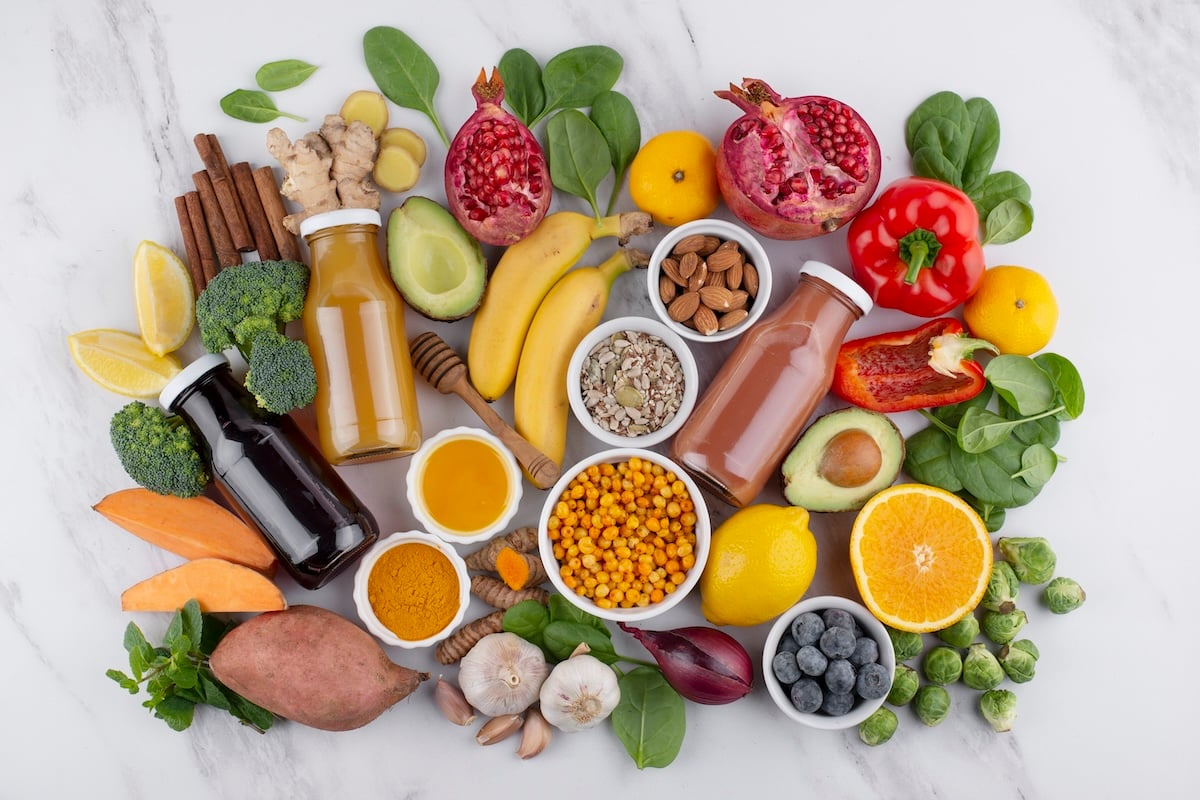
A balanced diet, rich in anti-inflammatory foods, helps improve resistance.
The body needs to absorb certain nutrients at this time to maintain health. A balanced diet helps to naturally heal, regulate inflammation, and the body's immunity for everyone, especially important for people with illnesses, including pneumonia.
For children with pneumonia, according to the Department of Nutrition, National Children's Hospital, children with pneumonia are susceptible to malnutrition due to reduced food intake due to loss of appetite, stuffy nose, difficulty breathing, vomiting, fever, crying and increased energy consumption due to fever, rapid breathing, and inflammatory response. Ensuring adequate nutrition helps children recover quickly and also catch up with growth, preventing re-infection.
For sick children, it is important to ensure adequate energy and fluids. Feed your child with softer, more liquid food than usual to reduce coughing and vomiting. Divide meals into smaller portions and feed your child more frequently. For breastfed children, continue breastfeeding. If your child has difficulty breastfeeding due to nasal congestion, runny nose, cough, rapid breathing, etc., you can express milk and spoon-feed.
2. Foods to eat when you have pneumonia
Patients need to take medication as prescribed by their doctor and follow a balanced, healthy diet to treat pneumonia. One of the most effective ways to control and recover from pneumonia is a reasonable diet.
Patients can promote recovery and boost their immune system by focusing on a balanced diet full of fruits, vegetables, whole grains, healthy fats, and protein; avoiding foods that may aggravate symptoms.
A healthy gut microbiome is also linked to a role in the immune system. The best way to achieve this is to eat a variety of high-fiber plant foods, such as fruits and vegetables, whole grains, nuts, beans, and lentils. Fermented foods, such as live yogurt or kefir, may also be helpful.
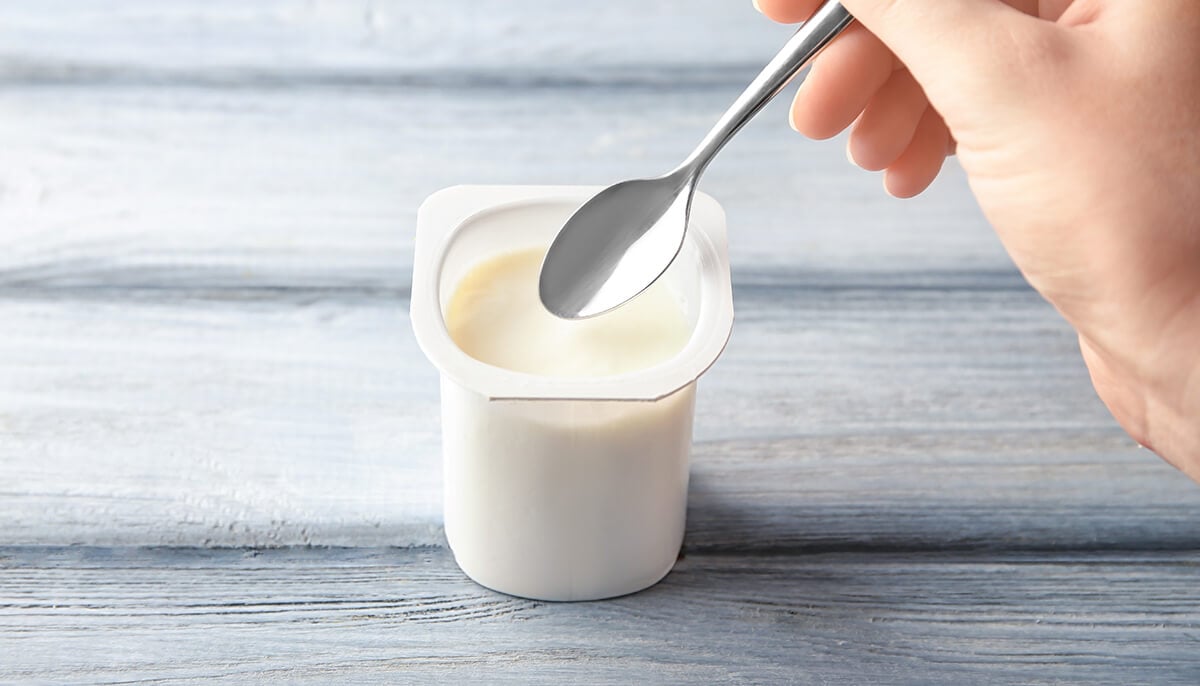
Yogurt provides beneficial bacteria for health.
Some of the foods below that patients should eat:
Protein-rich foods: Tissue growth and repair depend on protein. Beans, lentils, nuts, dairy products, fish, poultry, and lean meat are all good sources of protein. Eat meals rich in antioxidants and vitamins to help repair damaged lung tissue.
Fruits and Vegetables: Green leafy vegetables like kale, spinach, lettuce help boost the immune system. These dark green vegetables are rich in minerals. Beets also help improve lung function. Eating citrus fruits also helps boost the immune system. Citrus fruits and green vegetables are beneficial in promoting quick recovery. The abundance of antioxidants in citrus foods helps protect the body from infection-causing microorganisms.
Whole grains: Oats, brown rice, and whole wheat products are great foods to eat when you have pneumonia, providing important nutrients and energy to support your body's healing process. They are high in fiber, which is beneficial for promoting overall health and a healthy digestive tract.
Honey: Honey is beneficial for pneumonia patients, reducing the uncomfortable symptoms of cold, cough and sore throat. Honey can be mixed with warm water or added with a few drops of lemon.
Ginger: With its antibacterial and anti-inflammatory properties, ginger can help fight the bacteria that cause pneumonia. It helps relieve chest pain caused by infection. Ginger tea is a good drink for people with pneumonia.
Turmeric: Turmeric acts as a mucolytic agent that helps remove mucus and phlegm from the bronchial tubes, making breathing easier. Turmeric also has anti-inflammatory properties that help reduce chest discomfort.
Yogurt: Yogurt contains beneficial microorganisms that benefit the body. The presence of probiotics inhibits the growth of bacteria that cause pneumonia. Yogurt should be included in the diet for pneumonia as it helps boost the immune system.
Hydration: For anyone with pneumonia, staying hydrated is important. Drinking fluids helps thin mucus, facilitate mucus excretion, and maintain moisture in the respiratory system. Good options include herbal teas, broths, soups, and water.
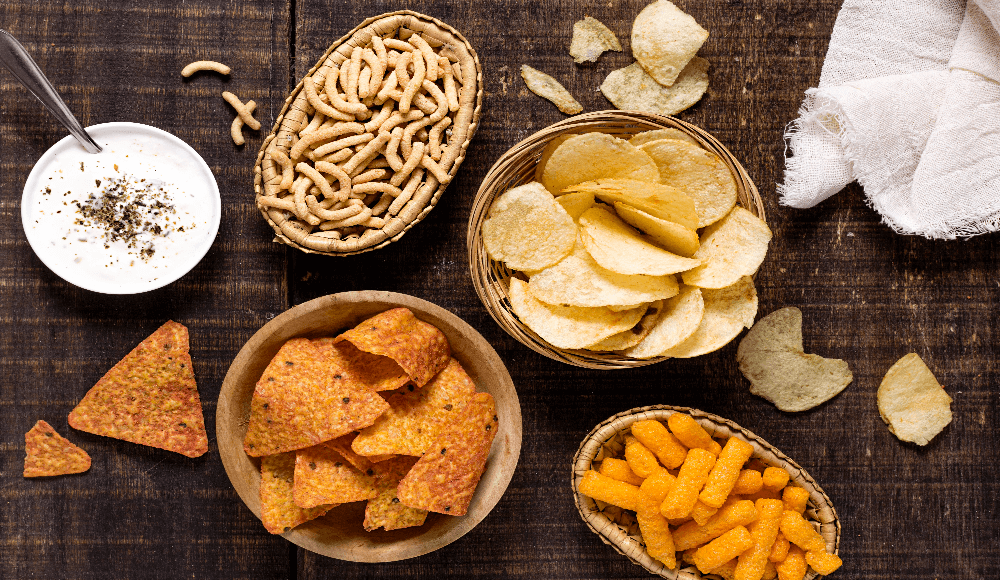
Limit fried foods.
3. Foods to avoid when you have pneumonia
People with pneumonia may experience more severe symptoms or a slower recovery if they follow certain diets. The following foods should be avoided when you have pneumonia:
Salty foods: People with lung disease may have difficulty breathing due to sodium retention. Reduce your use of salty condiments and make sure your meals do not contain more than 300 mg of salt. This will help you consume less sodium.
Sugary foods and drinks: Consuming too much sugar can worsen inflammation and weaken the immune system. Stay away from sugary drinks like soda, sugary fruit juices, sweets, and pastries.
Processed foods: Foods high in trans fats, preservatives, and artificial additives can be detrimental to your overall health and hinder your recovery. Avoid fast foods, packaged snacks, and processed meats like hot dogs.
Dairy products: Milk can thicken mucus, making it difficult to breathe, although some people may not have problems with milk and dairy products. Dairy products should be limited or avoided if they aggravate mucus production.
Fried and fatty foods: These foods can be difficult to digest, increasing your risk of further inflammation. Stay away from fried meals, fatty meats, and foods high in saturated fat.
Alcohol and caffeine: Both can cause dehydration, which is harmful for people with pneumonia. Additionally, alcohol can weaken the immune system, and too much caffeine can cause restlessness and increased heart rate, which can be dangerous for people with pneumonia.
The quality and speed of recovery from pneumonia can be significantly improved by developing a diet that combines healthy eating patterns and avoiding unhealthy eating patterns.
Recommendations from Dr. Nguyen Trong Hung, National Institute of Nutrition, on a good nutritional regimen for the respiratory system during the cold season:
Nutrition plays a very important role in preventing respiratory diseases. Eating enough nutrients will help increase resistance and ensure energy for the body to resist the cold of the environment. We need to follow the principle of eating enough of 4 groups of substances: starch, protein, fat and green vegetables and ripe fruits.
Source: https://giadinh.suckhoedoisong.vn/viem-phoi-gia-tang-mua-lanh-nen-an-va-nen-tranh-nhung-thuc-pham-nao-172241215182044413.htm





![[Photo] Prime Minister Pham Minh Chinh attends the opening of the 47th ASEAN Summit](https://vphoto.vietnam.vn/thumb/1200x675/vietnam/resource/IMAGE/2025/10/26/1761452925332_c2a-jpg.webp)
![[Photo] General Secretary To Lam received the delegation attending the international conference on Vietnam studies](https://vphoto.vietnam.vn/thumb/1200x675/vietnam/resource/IMAGE/2025/10/26/1761456527874_a1-bnd-5260-7947-jpg.webp)
![[Photo] Prime Minister Pham Minh Chinh and United Nations Secretary-General Antonio Guterres attend the Press Conference of the Hanoi Convention Signing Ceremony](https://vphoto.vietnam.vn/thumb/1200x675/vietnam/resource/IMAGE/2025/10/25/1761391413866_conguoctt-jpg.webp)





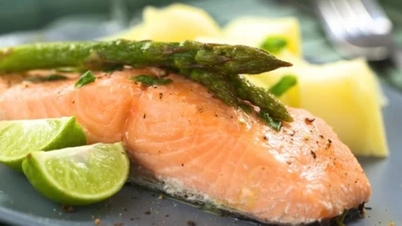









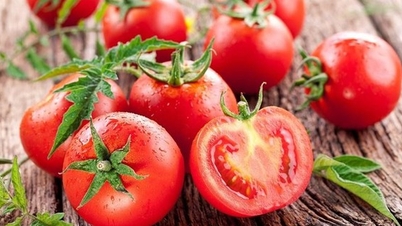
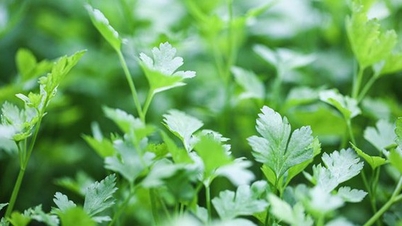
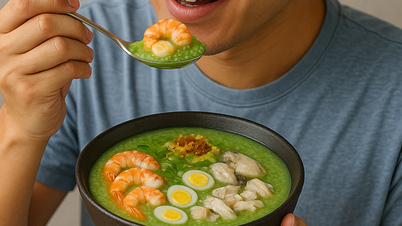
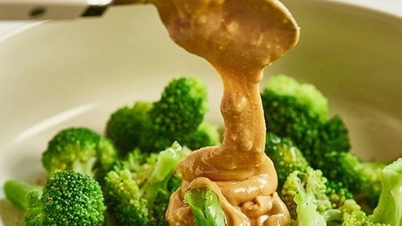

![[Photo] National Assembly Chairman Tran Thanh Man receives United Nations Secretary-General Antonio Guterres](https://vphoto.vietnam.vn/thumb/1200x675/vietnam/resource/IMAGE/2025/10/25/1761390815792_ctqh-jpg.webp)















































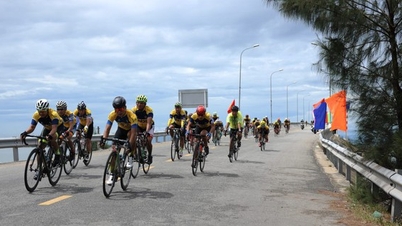








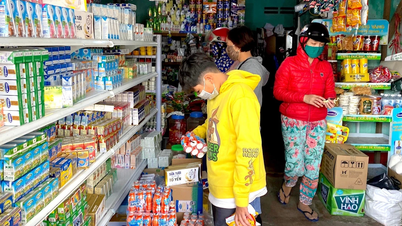

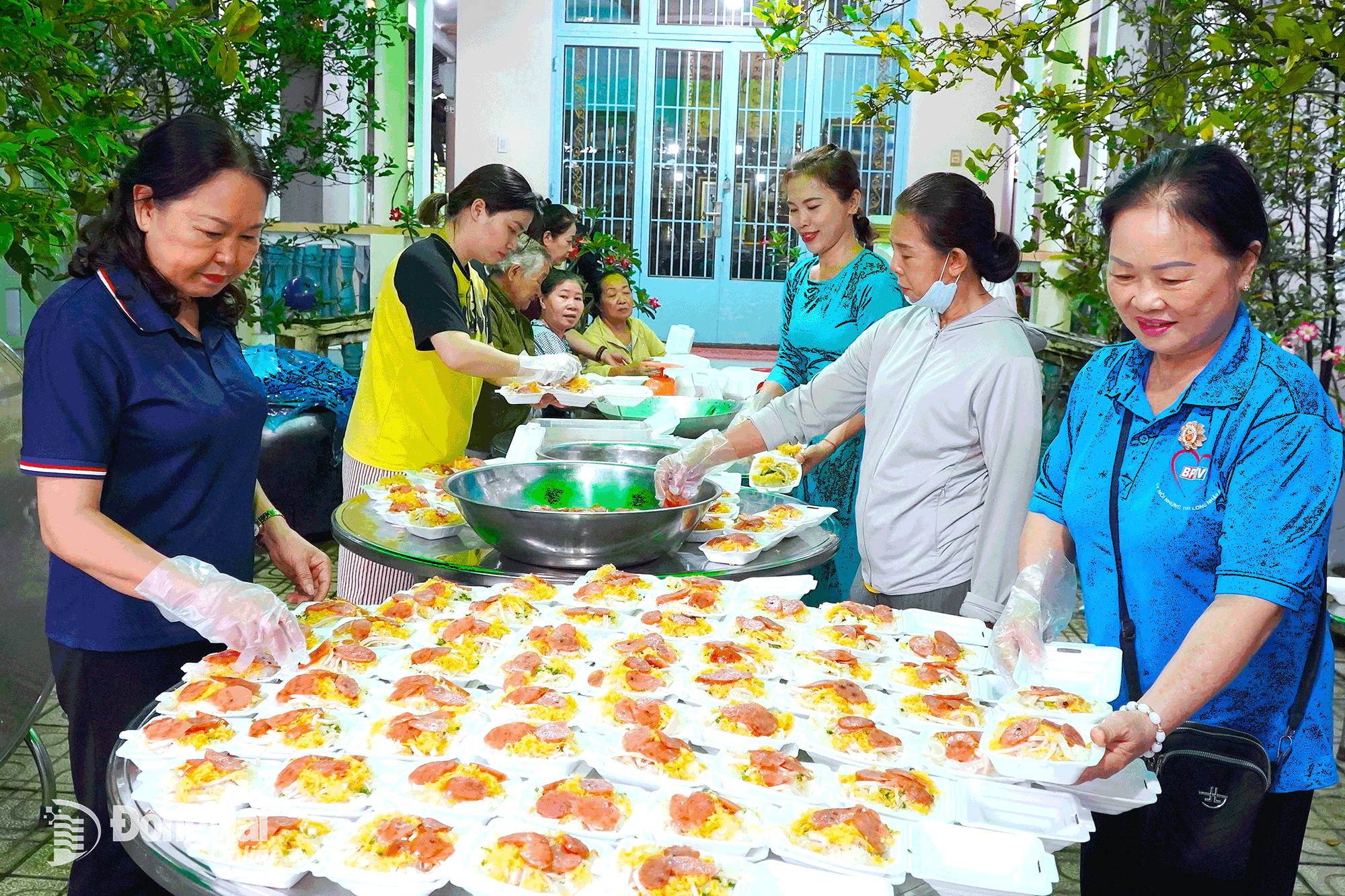
















Comment (0)